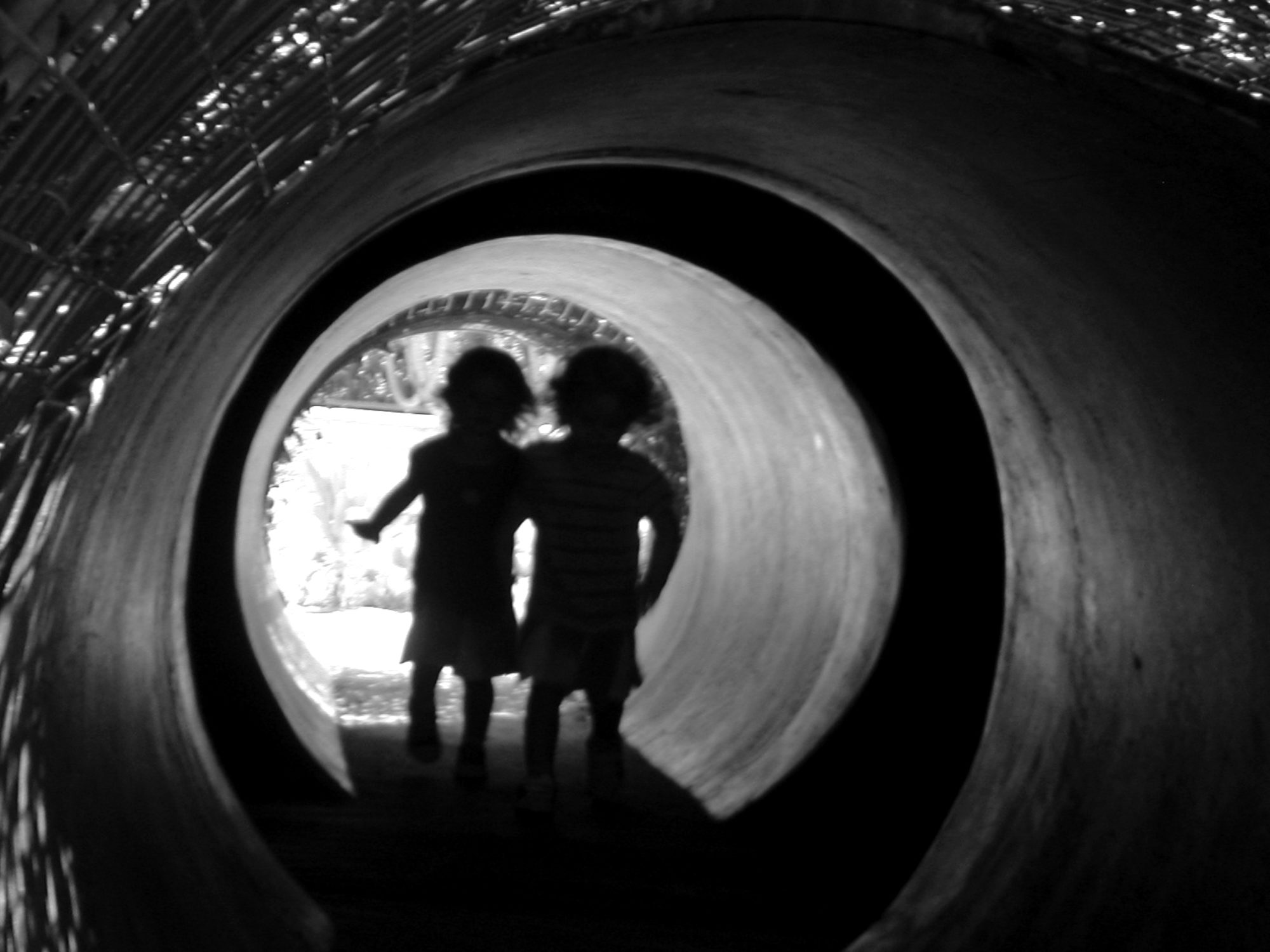My daughters got the first of their two H1N1 shots in school yesterday.
I didn’t realize how anxious I was about H1N1 until my daughters came home from school with Band-Aids on their little shoulders and I felt a weight lift off my shoulders.
When the news of the virus first hit, I tried to stay calm and to think that all the excitement about the virus was just media hype. Just recently, though, I read a post in my favorite New York Times blog (the blog is called Well) and learned that doctors “are seeing a lot of infections with a virus against which children have no immunity, and which has already caused more deaths in children under 5 than we would see in years of regular seasonal flu.”
After reading the above, I started to get a little nervous, especially since one of my daughters has asthma and the other has reactive airways. The daughter with asthma is prone to pneumonia. She’s been in the hospital twice for pneumonia, and believe me, it’s no picnic. She pulled through it fine both times, but it’s still very scary.
So as soon as the vaccine became available in our school district, you better believe I signed my daughters up.
I know folks are concerned about the small amount of mercury in the shot. I am concerned too. But I have a different attitude about these kinds of things since I had cancer.
Our environment is poisoned, our planet is poisoned, our bodies are poisoned. I do not believe that we can escape it for the time being. I believe that we can only pick lesser evils at this point; for example, I try to eat organic when I can because it’s the lesser of two evils. But, as far as the mercury in the shot, well, I can pick between the small amount of mercury in the shot or the whopping dose of very, very powerful steroids my daughter will have to take if she gets pneumonia again.
The steroids rip her stomach up, giving her stomach aches, and then they make her aggressive for a few nasty days. Once, to my horror, my daughter — hepped up on steroids after another bout with pneumonia — clocked her sister a good one on the jaw in the pediatrician’s office. I was naturally mortified and tried to explain to the doctor that my daughter didn’t usually punch her sister unprovoked. He looked unimpressed and simply said, “I call it ‘Roid Rage. It’s a very real thing.”
You bet your sweet patootie it’s real. Which would you choose? To me, it’s a no-brainer. We’ll take the shots, thank you very much.
A little mercury in the shots, yeesh. I can only imagine what’s in our tap water.
